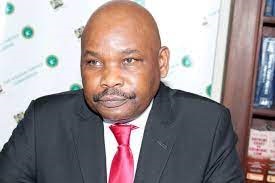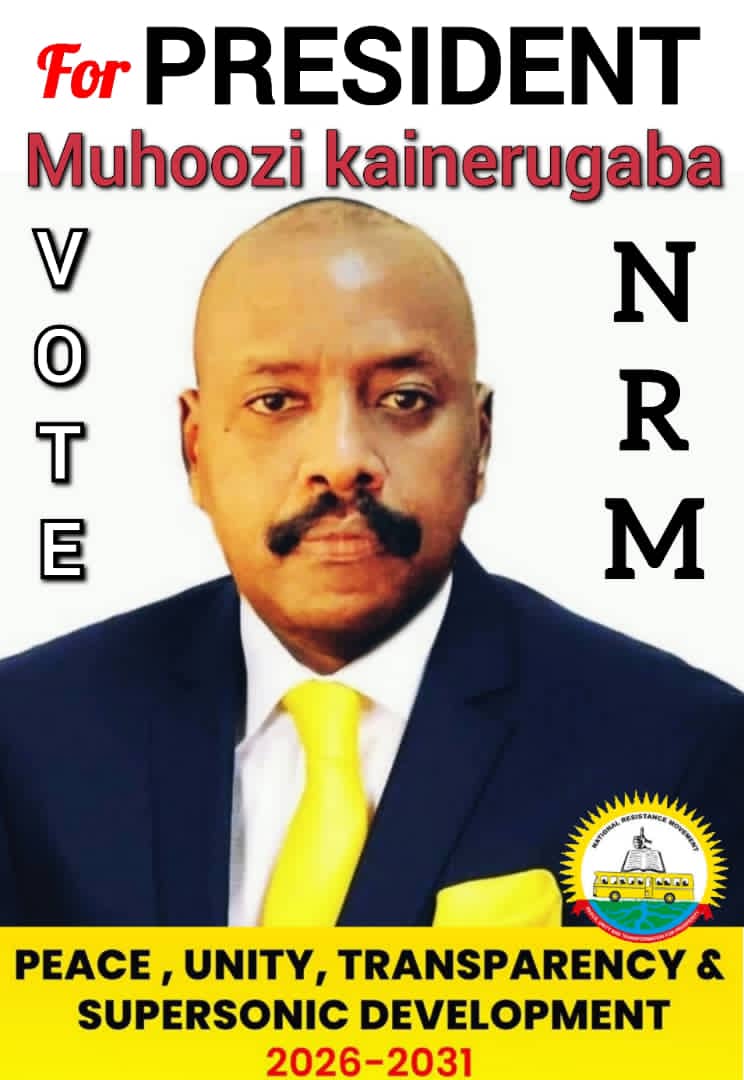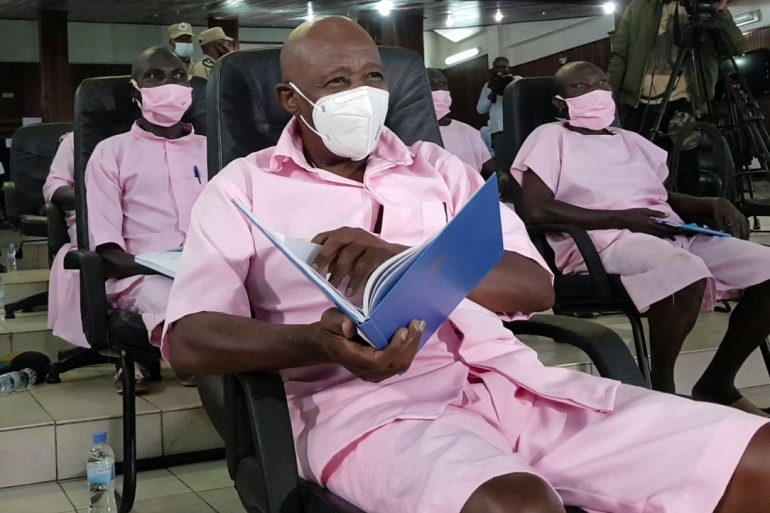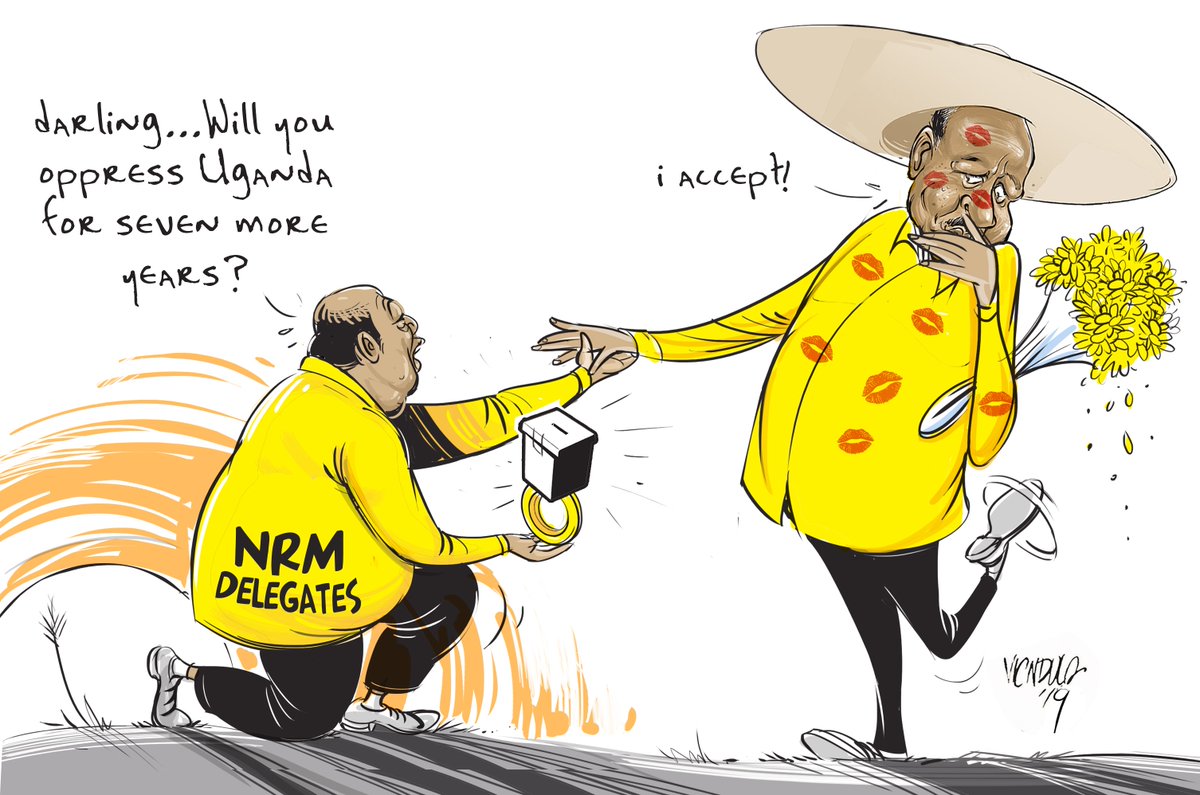Regional
The Economist sees Rwanda’s coming of age as a worrisome development in Africa
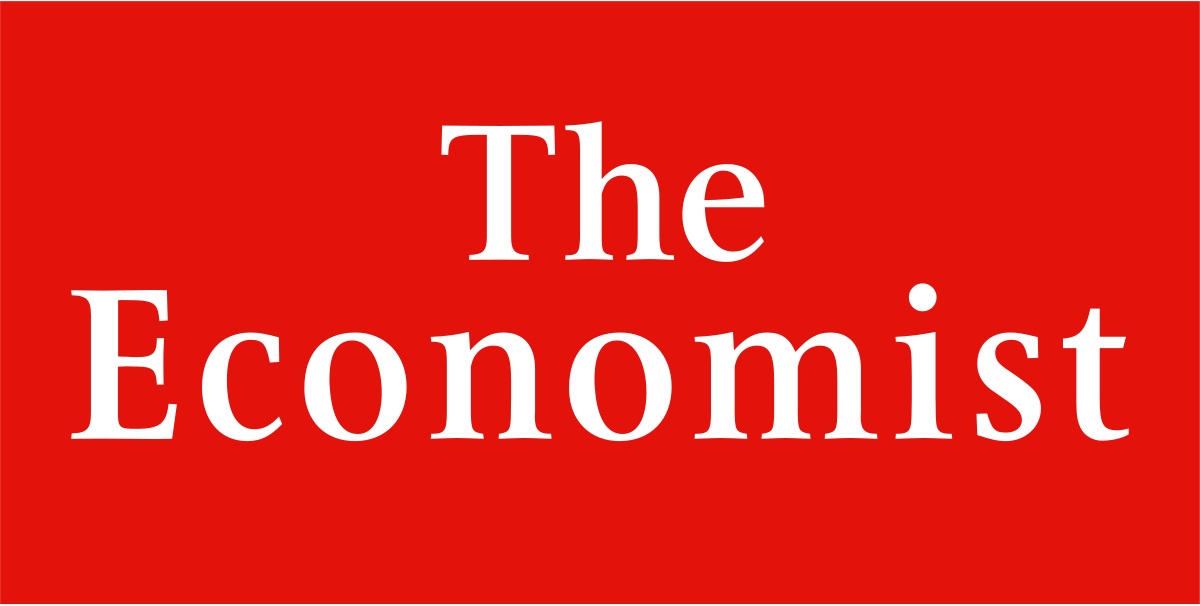
On
October 23, The Economist published a story “Three
places that dream of becoming Africa’s Singapore”, and the author warned
that Rwanda, Kenya and Ghana’s plans to become financial hubs worry tax
campaigners as they could be destructive.
Besides expressing concern that strategies adopted in
order to create financial centers in Rwanda, Kenya and Ghana will not comply with the OECD-15%
approved corporation tax rate, The Economist cast doubt on the chances of financial
centers in those African countries, suggesting that “even with the lure of tax
breaks, the odds seem stacked against the new centers.”
According to The Economist, no matter how much tax breaks
and investment incentives, the financial centers in the three countries will
stunt, because “nurturing this sort of [financial] ecosystem takes time,
expertise and political will.” In other words, they implicitly suggested that
Rwanda and the other two countries have no time to achieve what they have set
out to do as they lack both technical expertise and determination
to see their financial centers through.
Before I comment on this condescending prejudice, I would
like to address the three factors – time, expertise and political will – that
they imagine might hinder the establishment of the Kigali International
Financial Centre (KIFC), in Rwanda, or plans to create financial centers in
other African countries.
First of all, the author of the article is aware that it
took more than 100 years for London to reach its current level in terms of
financial center services. So, similarly, Rwanda should also be allowed time to
implement its plan calmly. But unfortunately, from the paternalistic
perspective of Westerners which justifies their neocolonial interferences, Rwanda
has no time to experiment its ideas, because in the Western-dominated world
order, no one else has neither time nor right to think for themselves, find
their way, make mistakes, improve what is not right, and build their capabilities.
This is simply a privilege that is the preserve of people in a few countries in
the northern hemisphere.
With regard to lack of expertise, if the writer of The
Economist was thoughtful about their description of the spectacle of
“jet-setting financiers [who] have spread the gospel of free-flowing capital
and low taxes through consultancy and reports and study trips”, he or she would
have noticed that countries admired for their strong financial centers are the
ones that Rwanda sought for partnership to help set up the KKIFC. Unless they want
to tell us that unlike Belgium, Luxembourg or Morocco, which managed to achieve
their financial centers without expertise, for Sub-Saharan Africa expertise is
an absolute necessity.
With regard to political will, The Economist acknowledged
that Rwanda “has passed new laws to encourage investments and signed agreements
with financial centers”, “has strengthened its money-laundering laws”, and has
promised that investments will be “clean and compliant with global standards.”
If this is not political will enough, what more does The Economist propose
Rwanda should do?
The political subtext of The Economist's story accurately
illustrates what President Paul Kagame said while addressing
a town hall meeting with more than 600 university students, on September 20, a
day after Rwanda’s High Court sentenced FLN leaders and fighters including Paul
Rusesabagina for terrorist attacks that killed innocent civilians.
Kagame
said: “Western media reflects how the West sees Rwanda and how they want to see
Rwanda from their own perspective whether correctly or not.” “Sometimes they
may criticize you for doing what they do, just because they think you are not
entitled to do what they do.”
In
response to such efforts to stir self-doubt and distract Rwanda’s ability to
move forward, Kagame advised Rwandans to consider the West’s criticism, but
always focus on what is good for them, and keep doing the right thing, the
right way.


